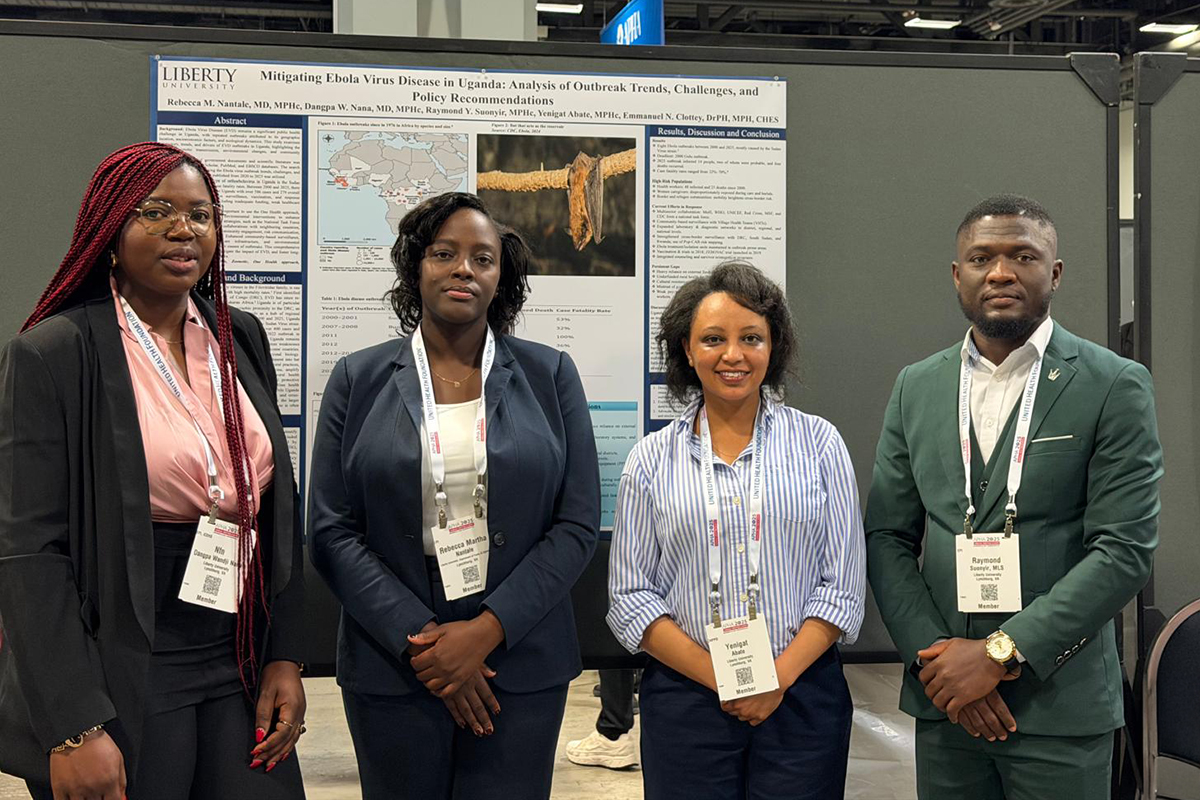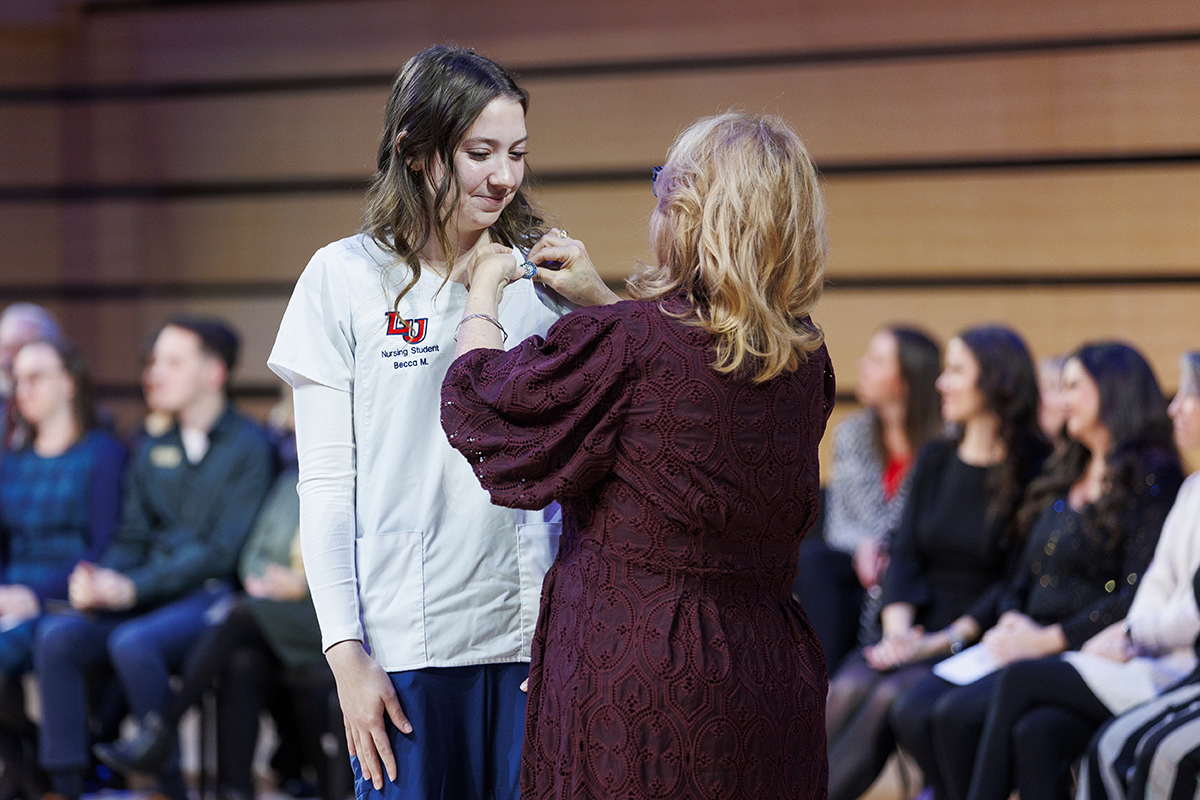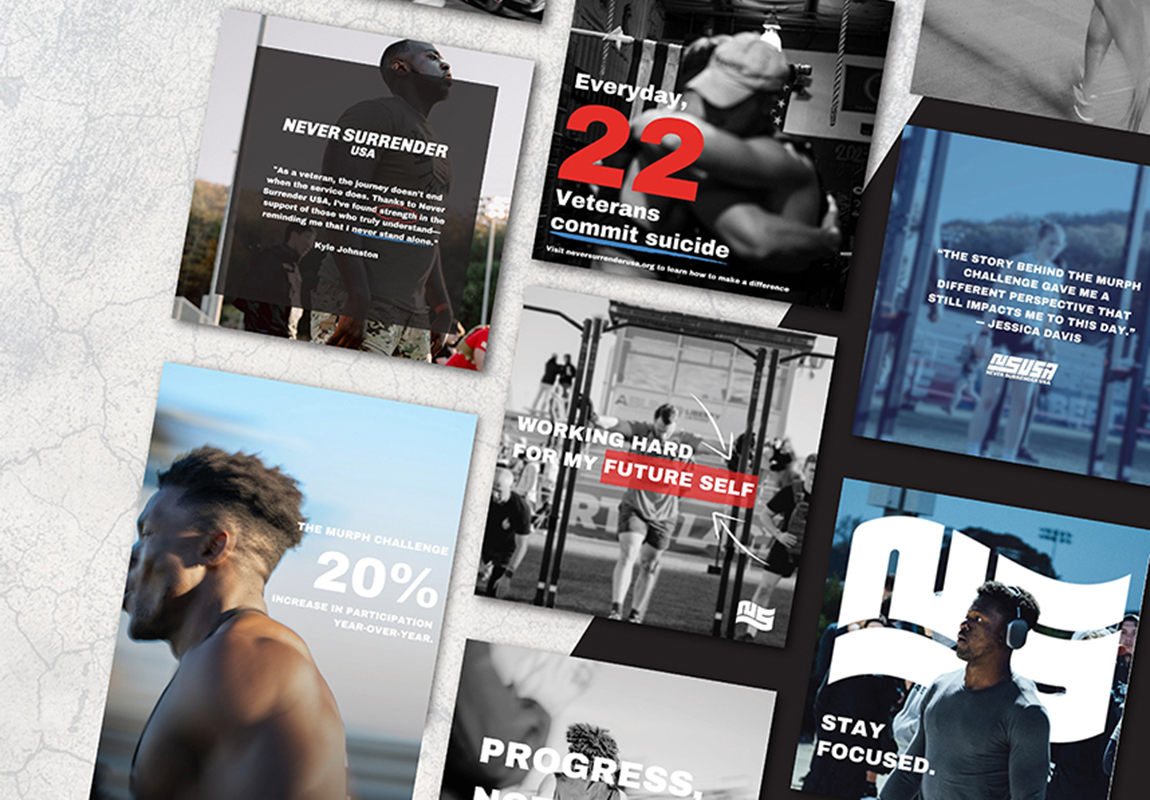Biology & Chemistry students from underrepresented demographics take part in new summer research program
August 20, 2021 : By Ryan Klinker - Office of Communications & Public Engagement
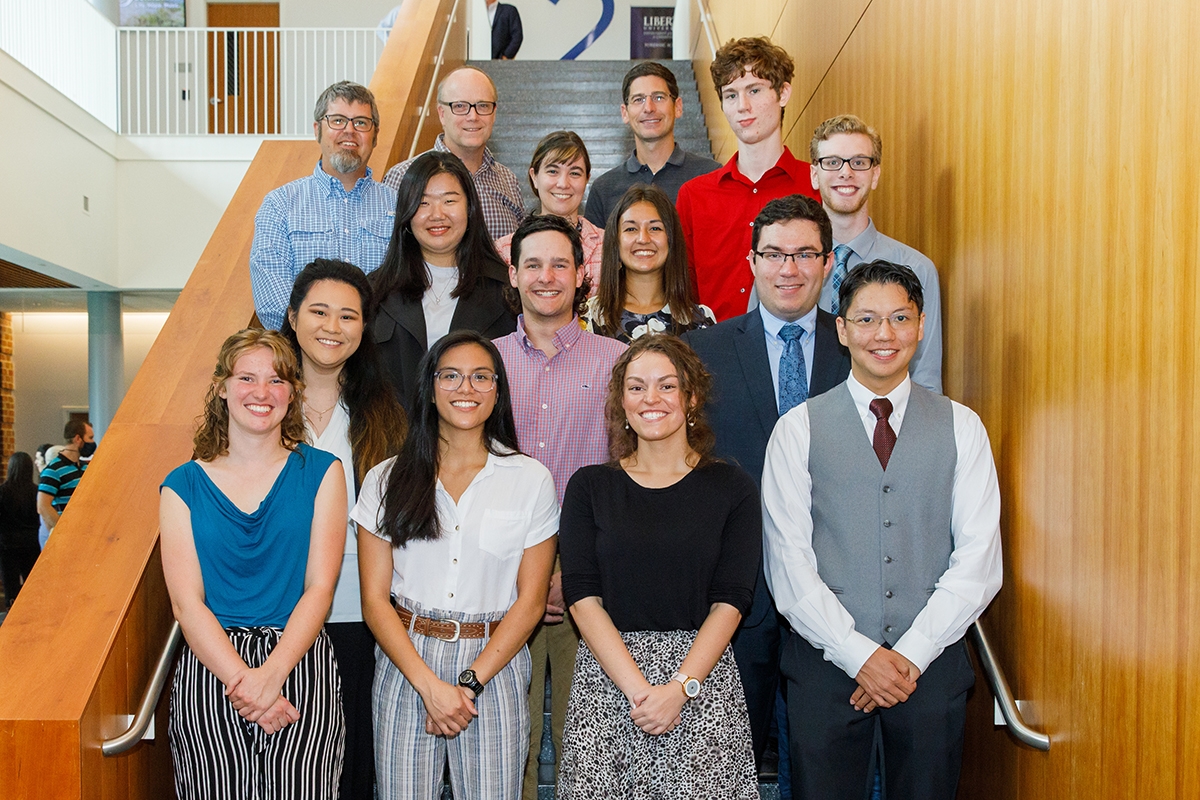
Students from Liberty University’s Department of Biology & Chemistry participated in a new six-week research program this summer known as ASSURE (Acquiring Skills for Students Underrepresented in Research Experience). The program is specially designed to give students in the sciences field who come from underrepresented demographics the opportunity to grow more comfortable in a research environment through projects led by Liberty professors.
Dr. Matthew Lazenka, an associate professor of biology and chemistry who helped develop the program, said it was created to encourage students whose communities or families do not have a history or familiarity in studying science, which would in turn lead to better performance in the classroom and their careers.
“Biology can be a bit of a difficult subject for a lot of students, and we definitely have issues with students from non-traditional backgrounds — such as a first-generation college student, a minority, or those from rural areas — who don’t believe they can complete a science degree,” Lazenka said. “These types of programs really help improve the likelihood of this group of students finishing the degree, and at Liberty we certainly work very hard to get students graduated and have them succeed.”
Dr. Jeremy Sellers, chair of the Biology & Chemistry department, explained that the program is a way of giving students an equal opportunity to conduct university-level research, regardless of their demographic or experience level.
“In light of current events in the world, we could curse the darkness of inequalities and injustice that occur, or we can light a candle to bring students… a real, full-time research experience for six weeks in the summer,” Sellers said.
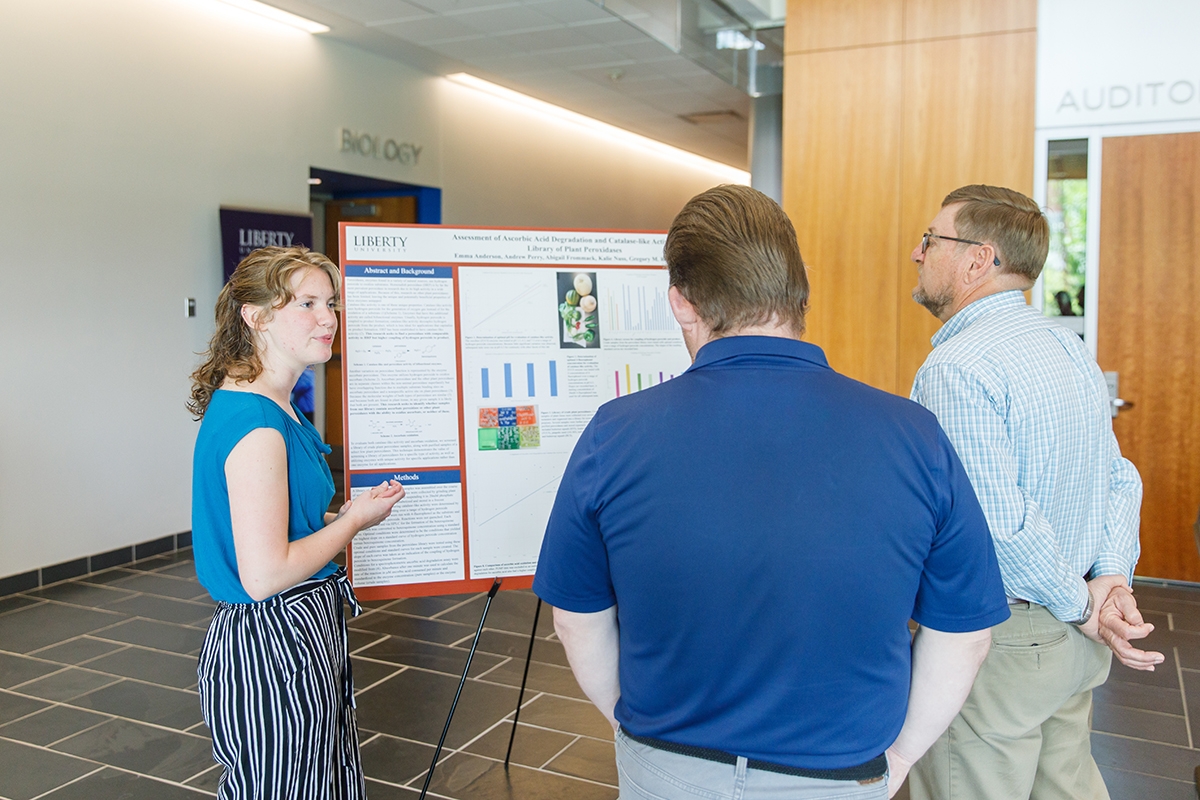
The ASSURE program was funded by a grant from Liberty’s Center for Research and Scholarship with support from Dr. Scott Hicks, Provost & Chief Academic Officer.
The program assembled a group of five professors and 14 students, who were then divided into smaller groupings for individual projects. More than half of the students involved in the program’s inaugural year came from one or more of the demographic categories that are considered underrepresented in the sciences field.
As a first-generation Honduran-American with parents who did not go to college, junior biopsychology student Melida Molina has experienced firsthand the struggles of being underrepresented in her academic environment and not having the family history as a reference or introduction.
“My mom is a housekeeper and my dad is an electrician, so what I want to do in the medical field is not something that they know much of,” Molina said. “I know that a lot of people that go into medical school who are first generation have trouble making those connections with physicians to do residency and stuff like that because their parents are not in that field and they don’t have that networking experience. When I heard about this program, I thought it was amazing because I feel like we need to help underrepresented folks know that the opportunities are available and help make them feel like they belong.”
The individual research projects spanned a wide variety of topics, including biochemical analyses, ecological environments, neuroscience research, and developmental immunology among others. The participating professors led the group research using their own expertise in the specific topics.
“We were able to bring together all the different subjects that our faculty are experts in and be able to provide that to the students, and what’s really even more encouraging is that the students talked to each other about their research projects, so a lot of them started learning a little bit about topics that they certainly weren’t familiar with,” Lazenka said.
Molina and her research partner, junior biomedical sciences student Lillian Gordon, worked with Lazenka on a demonstration of how different neuroscience methods can be used to understand behavior. They worked with rats in a controlled environment, giving them a choice of receiving either one pellet immediately by pressing a lever or four pellets following a delay (varied throughout the procedure) if the rats pressed a different lever.
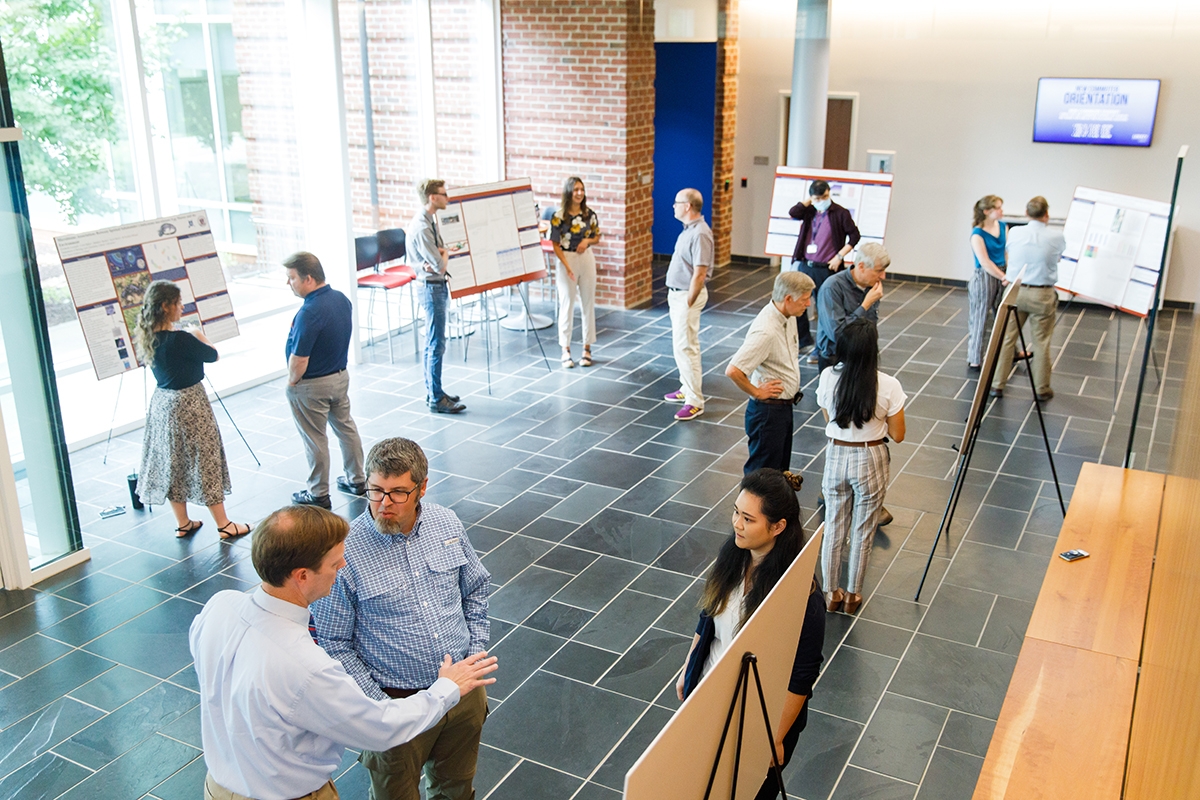 “It was all about how humans, and animals too, make choices and how some can be impulsive,” Lazenka said. “The way we’d test it in humans is we can just ask them, ‘Would you rather get $100 today or $500 a week from now?’ The majority of people would prefer $500 — they’re willing to wait a week for a bigger amount — but some people are not.”
“It was all about how humans, and animals too, make choices and how some can be impulsive,” Lazenka said. “The way we’d test it in humans is we can just ask them, ‘Would you rather get $100 today or $500 a week from now?’ The majority of people would prefer $500 — they’re willing to wait a week for a bigger amount — but some people are not.”
As two undergraduate students with little research experience, Gordon and Molina said that this summer program allowed them to explore the opportunities and get a better idea of what they have in store for their schoolwork and careers.
“It opened up my eyes into what was coming from me academically and also what to look forward to in further research over the years,” Molina said. “I think through the peer mentorship aspect and also through Dr. Lazenka and the patience that he had with us, we really learned a lot.”
“Dr. Lazenka was a really patient teacher who was willing to sit down and answer our questions, which was really good because (we) had never done research before,” Gordon said. “I’m doing more research with a different professor this fall, so I feel more prepared for that after this summer, and I feel a little bit more comfortable going into my classes, too.”
Sellers noted that the program had the additional benefit of giving undergraduate students the opportunity to get hands-on and work with equipment over the summer that would otherwise be more difficult to schedule time to use in the regular school year.
“During the academic year, the Science Hall is bustling, so it’s more difficult for students to have a chance to do really committed research at that point because they must share equipment with teaching labs or even other research students,” he explained. “This program afforded ASSURE students a phenomenal opportunity for the summer to provide more open access to the equipment and perform the research for their projects.”
“When families come for a visit, I inform them that we have the equipment of larger universities, but a distinctive of Liberty is that our undergraduate students are allowed to touch these expensive devices and they are given hands on training by our faculty,” Sellers added.
Based on the success of this summer’s first year of the ASSURE program, Sellers said that he hopes that the department can continue this opportunity in the years to come.
“Barring any unforeseen issues, we hope to repeat this program next summer, and the only change we wish to make is to expand the program, involving more students, because it has been such a resounding success,” Sellers said.
